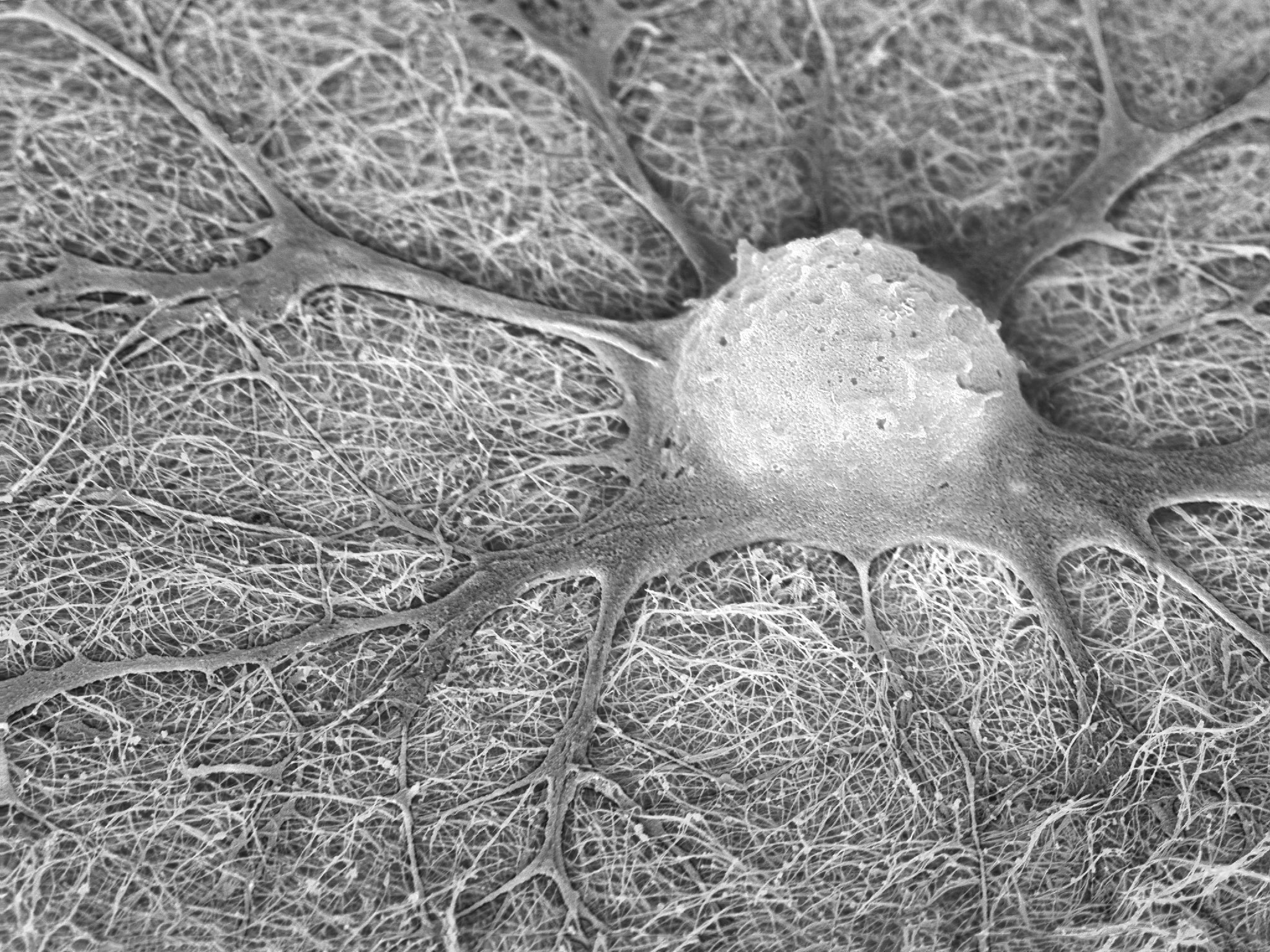ISSCR News

The ISSCR Honors Alexander Meissner with the 2026 ISSCR Momentum Award for Exceptional Work in Developmental and Stem Cell Epigenetics
The International Society for Stem Cell Research (ISSCR) is pleased to announce that Alexander Meissner, Director at the Max Planck Institute for Molecular Genetics, Germany, has been named the recipient of the 2026 ISSCR Momentum Award. The award, supported by BlueRock Therapeutics, recognizes an investigator whose sustained scientific contributions continue to shape and accelerate the field of stem cell research. Dr. Meissner will present his work during ISSCR 2026 taking place in Montréal, Canada on 8-11 July 2026.

The ISSCR Honors Stem Cell COREdinates and CorEUstem with the 2026 ISSCR Public Service Award
Global Networks Recognized for Transforming Collaboration, Advancing Standards, and Expanding Equitable Access in Stem Cell Science
The International Society for Stem Cell Research (ISSCR) is pleased to announce Stem Cell COREdinates and CorEUstem as the recipients of the 2026 ISSCR Public Service Award. Together, these two global networks represent the world’s leading stem cell core facility consortia, uniting 79 core facilities across continents to advance collaboration, rigor, inclusivity, and innovation in pluripotent stem cell research.

The ISSCR Honors Dr. Kyle M. Loh with the 2026 Early Career Impact Award for Transformative Advances in Stem Cell Biology
Four Honorable Mention Recipients Recognized for their Significant Contributions
The International Society for Stem Cell Research (ISSCR) proudly announces Kyle M. Loh, Stanford University School of Medicine, as the recipient of the 2026 ISSCR Early Career Impact Award, recognizing his transformative contributions to human pluripotent stem cell biology and his exceptional commitment to mentorship and inclusion. The award is supported by the Tianqiao and Chrissy Chen Institute, and Dr. Loh will present his work during ISSCR 2026 taking place on 8-11 July in Montréal, Canada.

The International Society for Stem Cell Research Honors Dr. Allen Eaves and the Late Dr. Connie Eaves with the 2026 ISSCR Lifetime Achievement Award
The International Society for Stem Cell Research (ISSCR) today announced that Dr. Allen Eaves, and the late Dr. Connie Eaves have been named recipients of the 2026 ISSCR Lifetime Achievement Award. This prestigious honor recognizes their transformative contributions to stem cell science, leukemia research, mentorship, and the global biotechnology ecosystem.

Aviv Regev to Deliver Keynote Address at ISSCR 2026 Annual Meeting in Montréal
The International Society for Stem Cell Research (ISSCR) is pleased to announce that Aviv Regev, PhD, Head of Research and Early Development at Genentech, will serve as a keynote speaker at the ISSCR 2026 Annual Meeting, co-sponsored by STEMCELL Technologies. The meeting will take place 8-11 July 2026 in Montréal, Canada.
Dr. Regev will speak during the Plenary Session, Tissue Stem Cells in Physiology and Disease, which will explore the mechanisms that drive tissue remodeling, adaptation, and regeneration in both healthy and diseased states.

Receive ISSCR Press Releases
Sign up be a part of ISSCR’s media list. Media Contact: Kym Kilbourne, Director of Media and Strategic Communications
Subscribe to ISSCR News.
Each month, ISSCR delivers scientific, policy, and community to your inbox .
